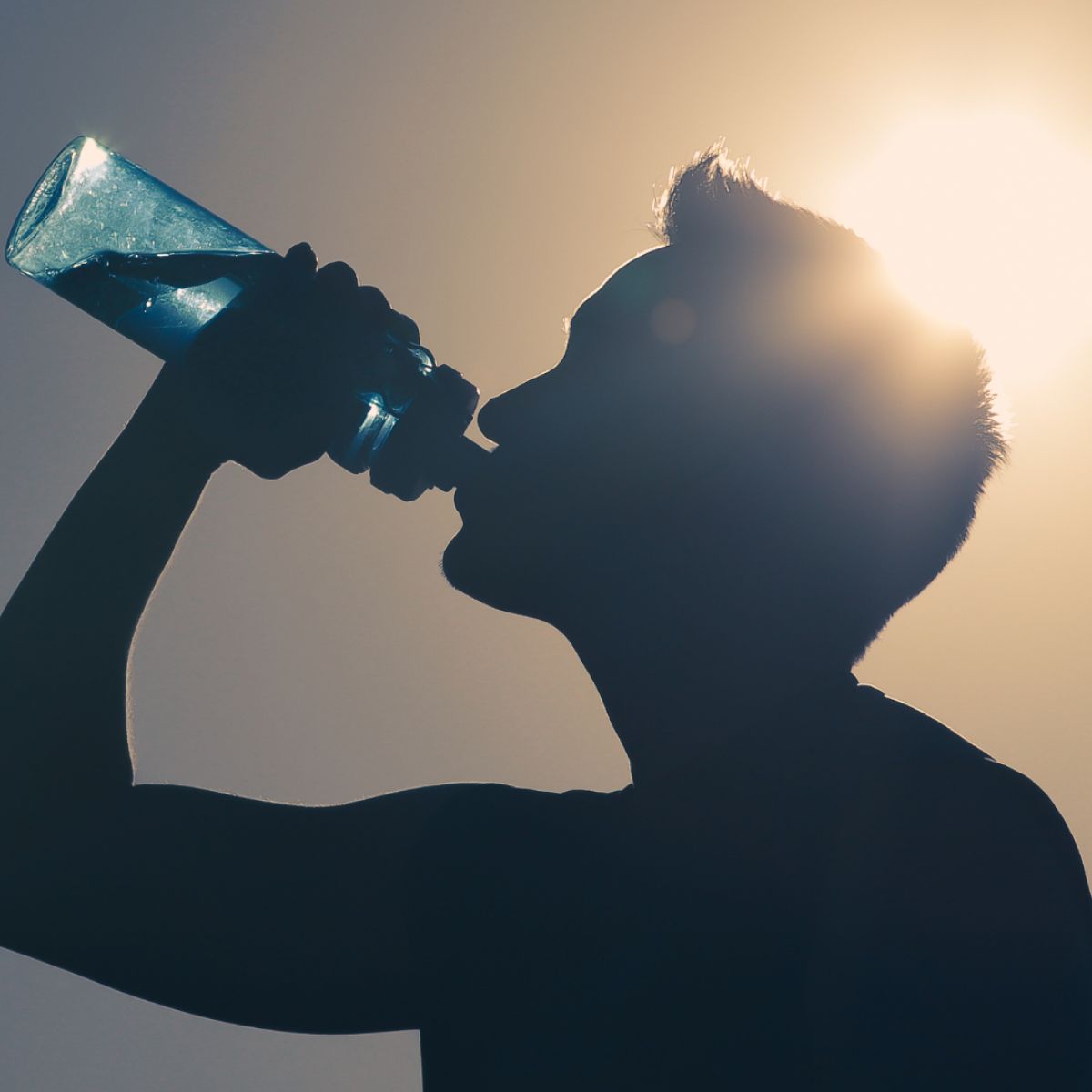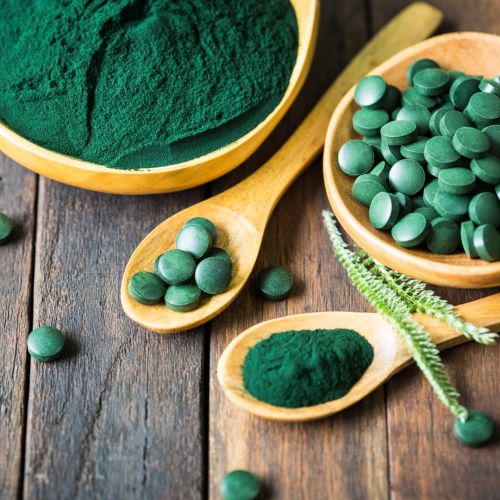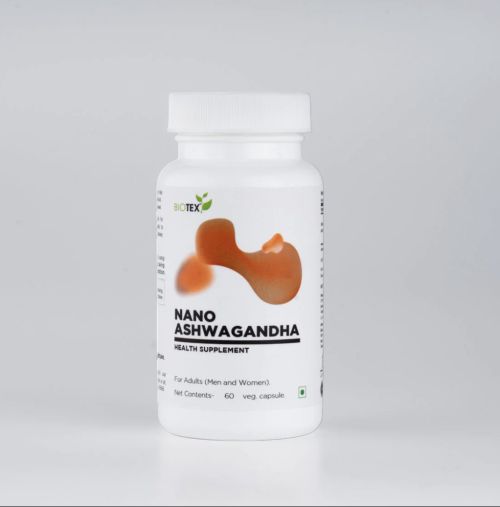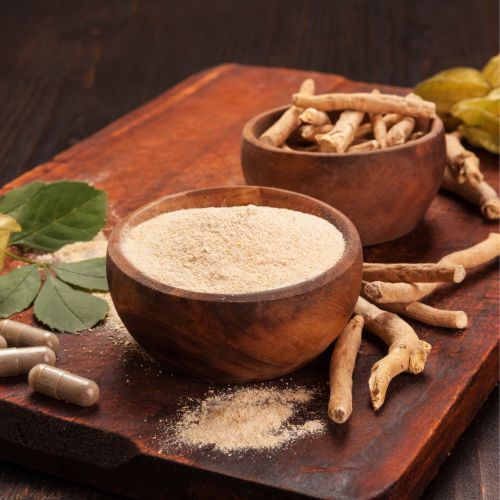Hydration isn't just about quenching your thirst—it's a cornerstone of good health. Many of us misunderstand how much water we actually need, often underestimating the impact that even mild dehydration can have on our bodies. From energy levels to physical performance and overall well-being, staying hydrated is crucial. In this blog, we'll clear up some common hydration myths, underscore the significant benefits of keeping hydrated, and share easy-to-follow tips that can help anyone improve their hydration habits for a healthier lifestyle.
Understanding Hydration
Hydration is about maintaining the right balance of fluids in your body, which is vital for optimal health. Every cell, tissue, and organ in our body needs water to work correctly. This includes key functions like digesting your food, circulating blood, and regulating your body temperature. Dehydration happens when you're not taking in enough water to replace what's lost throughout the day, which can happen through activities as routine as breathing and sweating. The effects of dehydration can be immediate, such as increased fatigue and decreased focus, but it can also have long-term consequences, like chronic kidney issues and reduced immune function. Recognizing signs of dehydration early—such as persistent thirst, dry skin, headaches, or dark urine—can help you take action to rehydrate and avoid more serious health problems.
Health Benefits of Proper Hydration
Hydration is more than a daily chore; it's a foundation for vitality and health. Ensuring you drink enough water each day boosts your energy and can dramatically improve your skin’s health, making it look more vibrant and youthful. Moreover, staying hydrated supports your metabolism, helping in nutrient absorption and digestion, thereby enhancing metabolic rate and weight management. Hydration also plays an important role in preventing medical conditions such as kidney stones and urinary tract infections by diluting the salts and minerals that can lead to stone formation. Additionally, sufficient fluid intake is crucial for preventing dehydration-related headaches, often triggered by insufficient water consumption. Beyond physical health, proper hydration positively impacts cognitive functions. Regular and adequate water intake helps maintain concentration levels and stabilizes mood, proving essential for mental health and cognitive endurance.
The physiological benefits of hydration extend to enhancing physical performance. Adequate hydration helps maintain endurance, strength, and reaction times, which are particularly crucial during intense physical activity. This is because water facilitates the transport of oxygen and essential nutrients to the muscles and removes metabolic waste from cells, ensuring optimal functioning. Hydration also affects cardiovascular health by maintaining blood volume and reducing the heart's workload, allowing it to pump more efficiently. This not only improves exercise capacity but also supports overall cardiovascular health.
For the elderly, maintaining hydration can be particularly challenging due to natural changes in the body's ability to conserve water. However, it is especially crucial as it can influence cognitive function and is linked to reducing the risk of more severe conditions like renal dysfunction and cardiac events. Therefore, ensuring that older adults consume adequate fluids is vital for maintaining health and preventing hospitalizations related to dehydration.
Practical Hydration Tips
Keeping hydrated doesn’t have to be a mundane task. Here are some practical ways to increase your daily water intake and make hydration a habit:
Start your day with water: Begin with a glass of water each morning to kickstart hydration after a night's sleep.
Carry a reusable water bottle: Having water on hand will remind you to sip throughout the day, plus it’s environmentally friendly.
Flavor your water: Enhance the appeal of your water by adding slices of fruits such as lemon, lime, berries, or cucumber for a refreshing taste without added sugars.
Incorporate hydrating foods: Boost your hydration levels through your diet by consuming fruits and vegetables high in water content like watermelon, strawberries, cucumber, and celery.
Adjust intake as needed: Increase your water consumption during exercise, in hot weather, or if you’re experiencing health conditions that affect water loss, like fever or gastrointestinal issues.
These strategies not only help in maintaining adequate hydration but also integrate seamlessly into a healthy lifestyle, promoting overall well-being and functionality.
Proper hydration is a cornerstone of good health, influencing everything from physical performance and skin condition to cognitive function and mood stability. By embracing the simple yet effective tips shared, you can ensure you're adequately hydrated, supporting your body’s diverse needs. Take a moment to review and adjust your daily water intake habits—it’s a small step that can lead to significant health improvements. Remember, every sip counts towards a healthier, more energized you. Start today and experience the transformative effects that come from staying well-hydrated.



